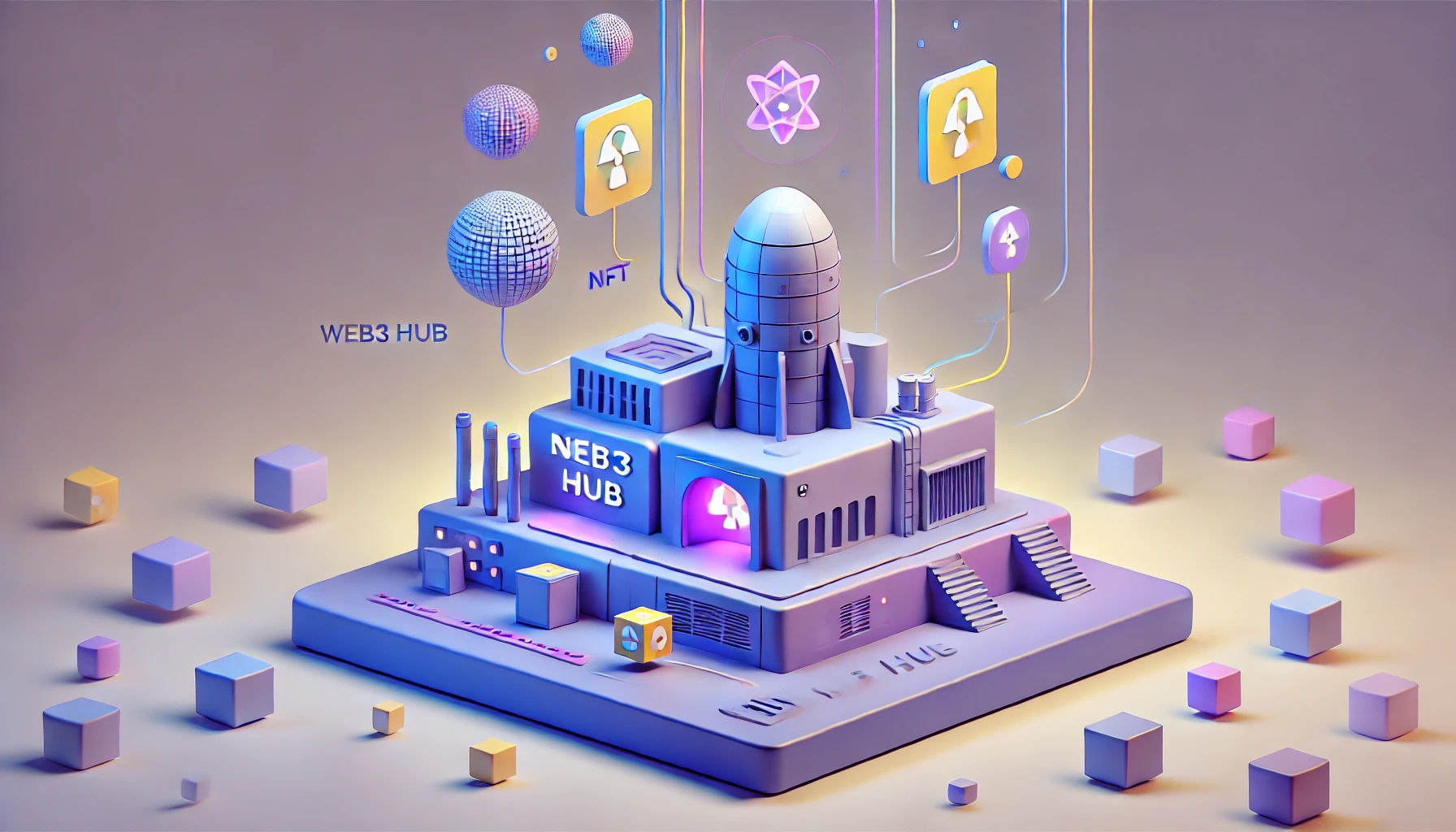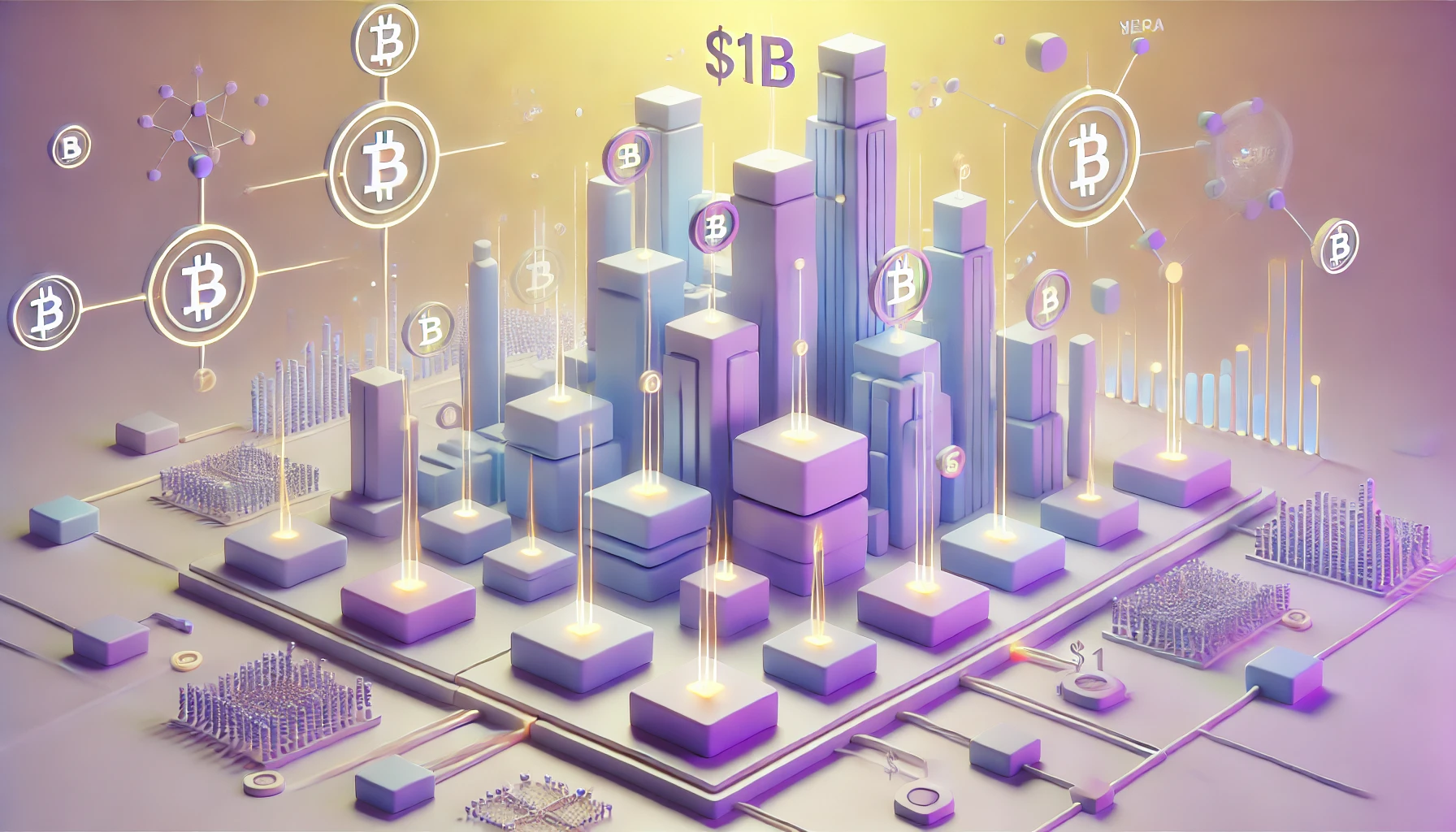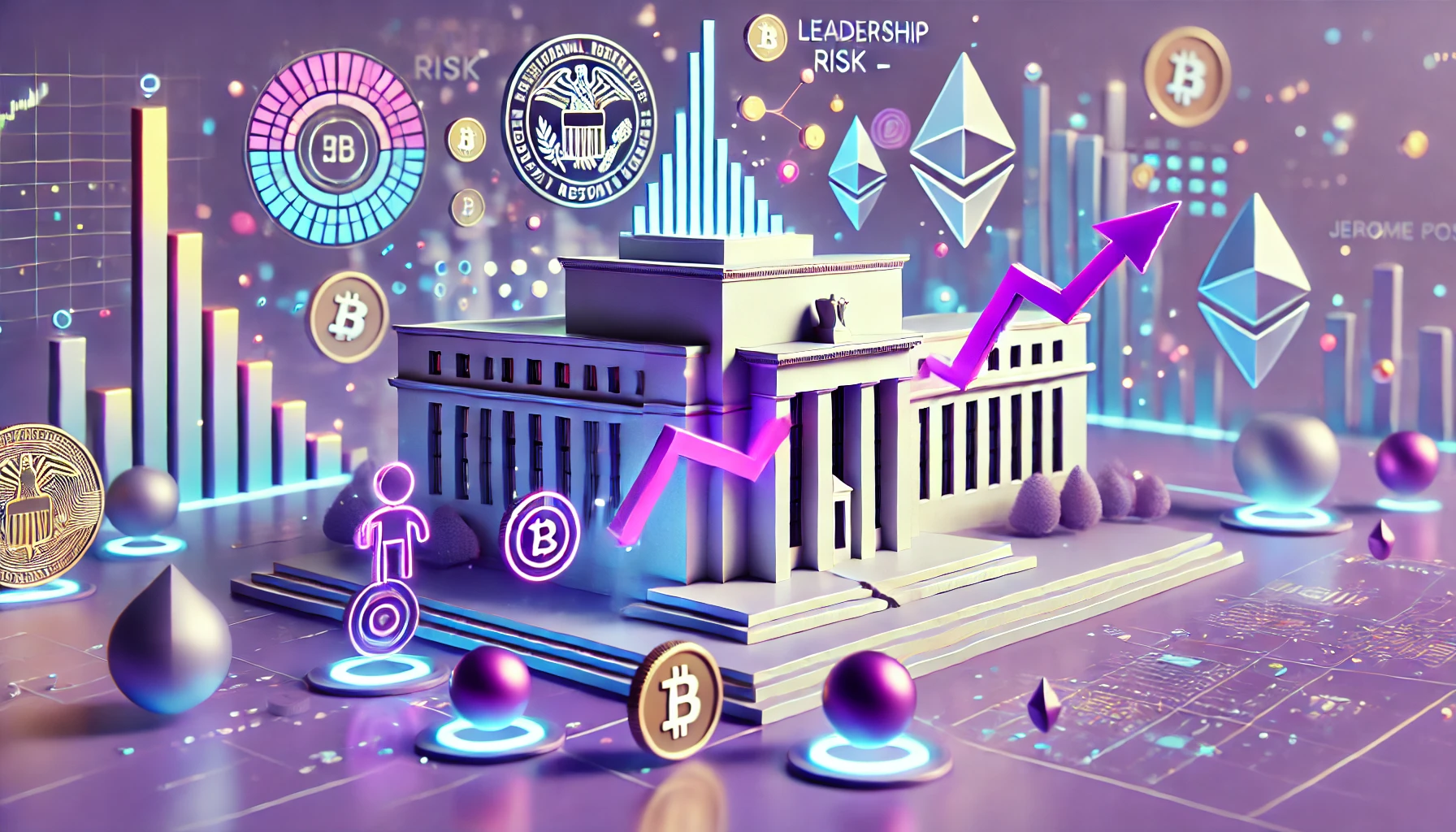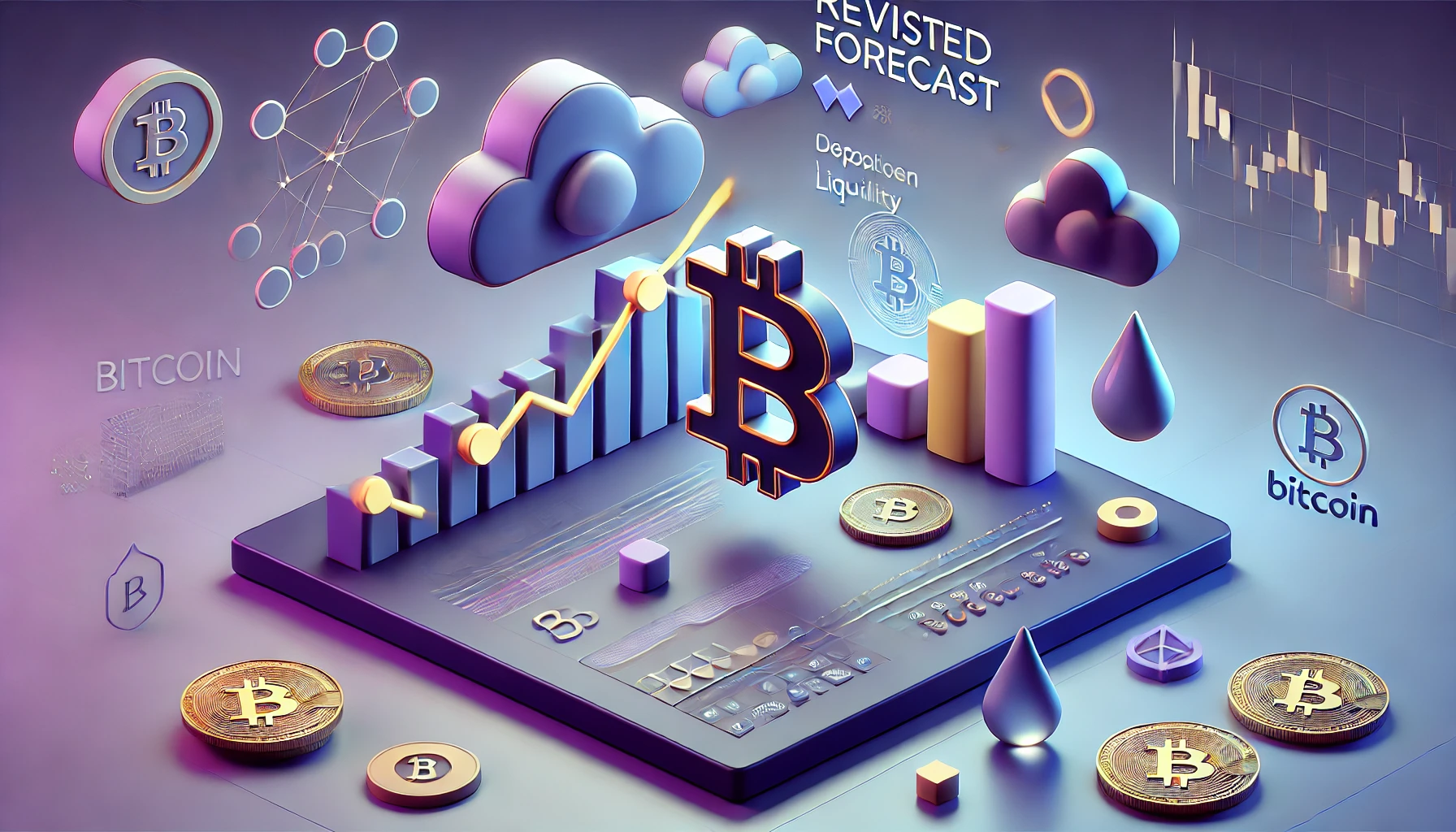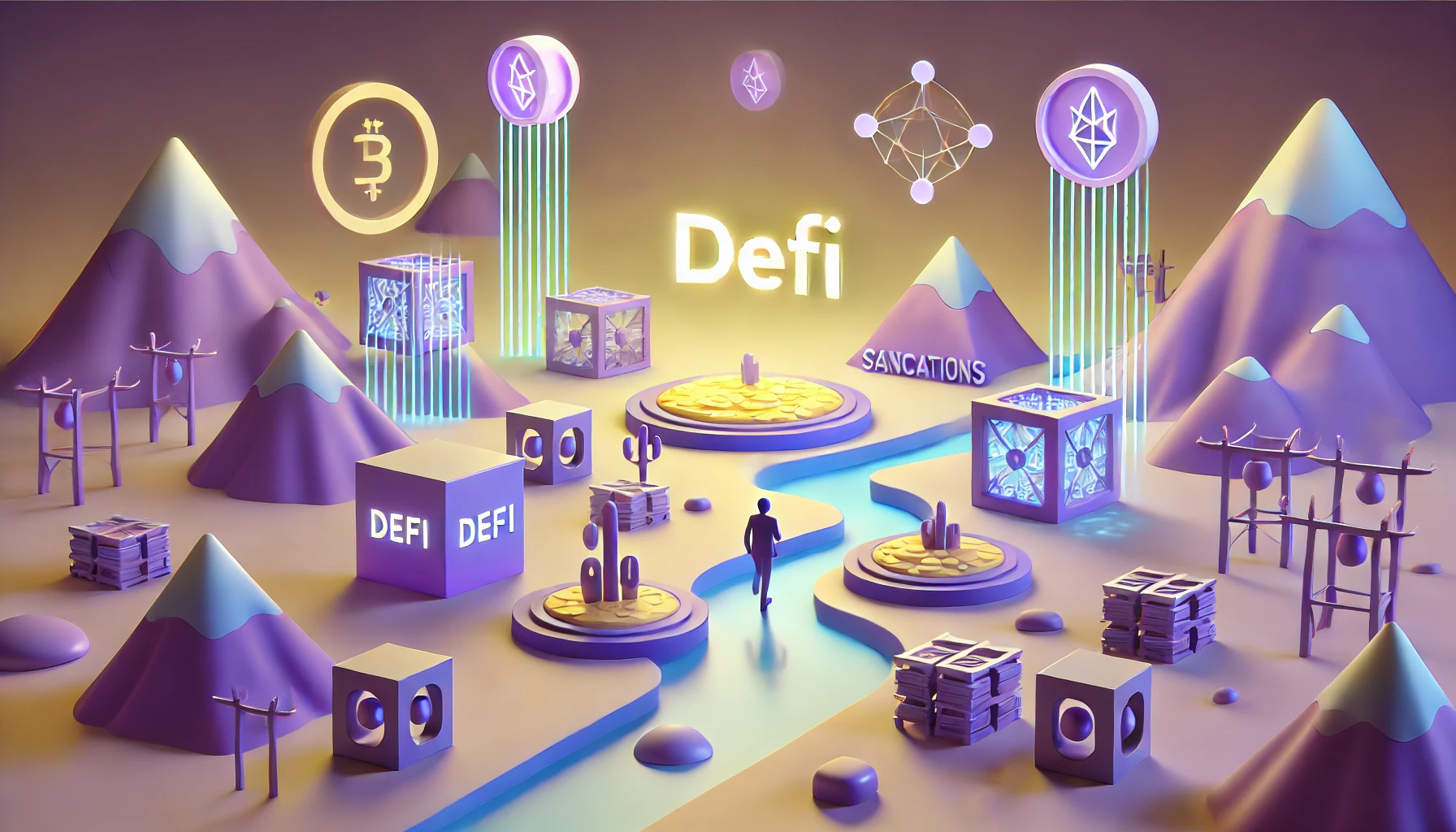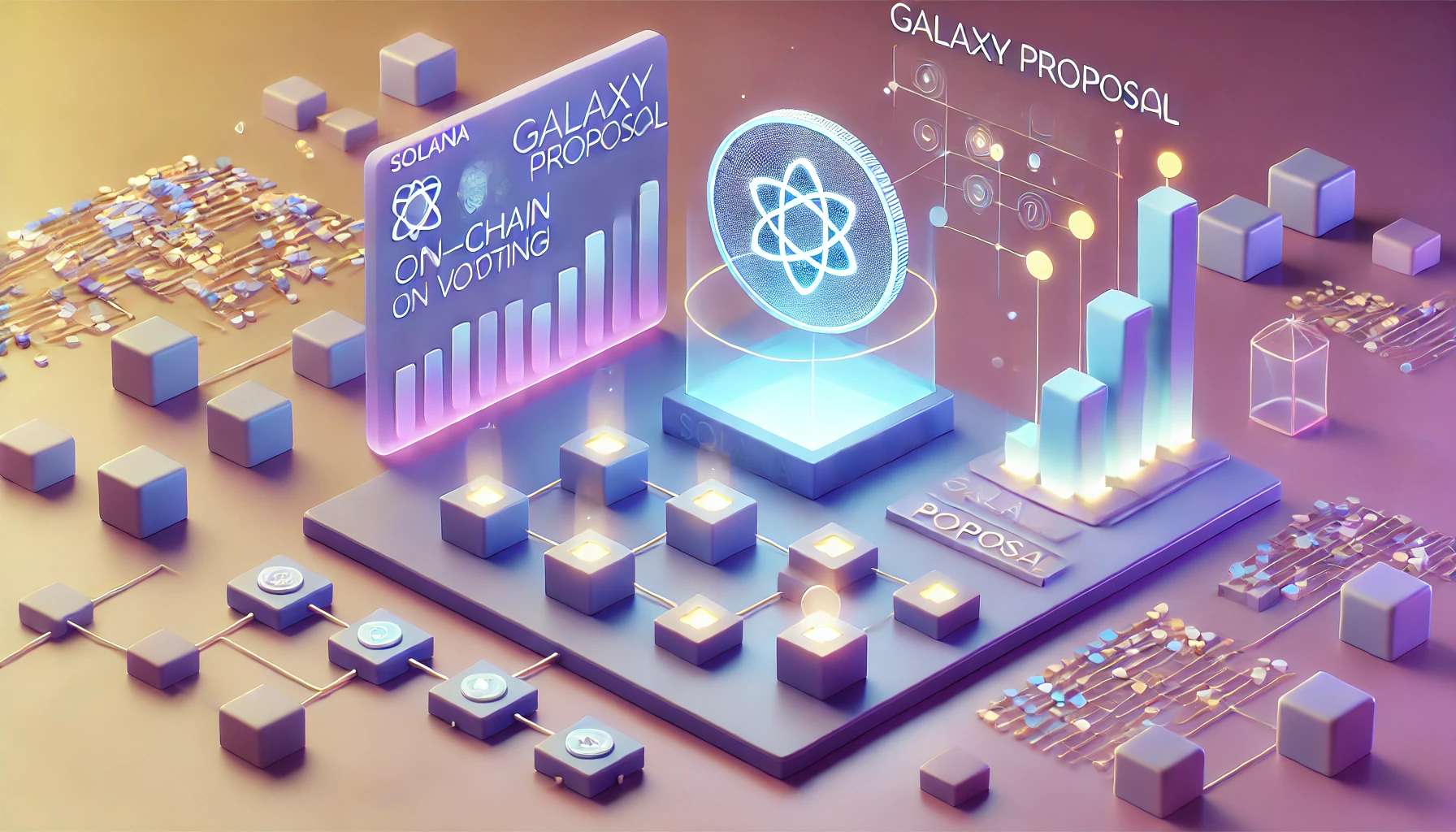Marc Benioff, the CEO of Salesforce, recently shared his vision for the future of artificial intelligence (AI), with a particular emphasis on the concept of agentic AI. This innovative approach promises to transform the way companies interact with technology and improve operational efficiency across various sectors. As AI continues to advance rapidly, Benioff’s statements highlight the growing importance of this technology in the modern business landscape.
Agentic AI: a technological revolution
Agential AI is distinguished by its ability to act autonomously to accomplish specific tasks, continuously learning from its environment. This technology enables artificial intelligence systems not only to analyze data but also to make informed decisions without direct human intervention. According to Marc Benioff, this evolution will revolutionize the business world by making processes more efficient and freeing up time for employees to focus on higher-value tasks.
The growing adoption of agentic AI could also transform the relationship between companies and their customers. By using advanced algorithms to personalize interactions, companies can offer more relevant and engaging customer experiences. This could lead to an increase in customer satisfaction and greater loyalty, as AI systems would be able to adapt to individual needs in real-time.
Impacts on the market and employment
The emergence of agentic AI also sparks debates about its implications for the labor market. On the one hand, this technology could lead to increased automation, raising concerns about the elimination of traditional jobs. Companies might choose to invest in AI systems to replace certain human functions, which could cause upheaval in various sectors. However, Benioff emphasizes that AI should not be seen solely as a threat but also as an opportunity to create new types of jobs.
On the other hand, the integration of agentic AI will require a skilled workforce capable of working alongside these advanced technologies. Skills in data analysis, management of artificial intelligence systems, and human-machine interaction will become essential. This could lead to an increased demand for educational programs focused on technology and an urgent need for continuous training for workers so they can adapt to this new professional environment.





